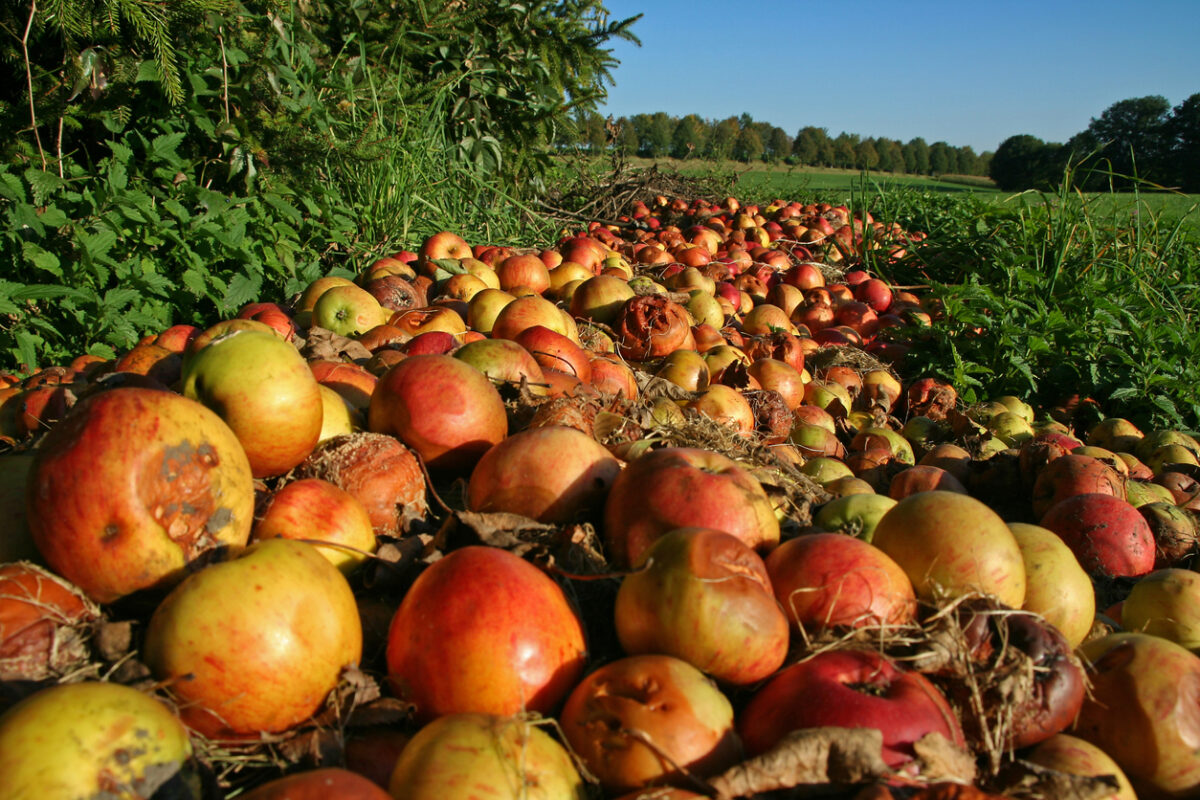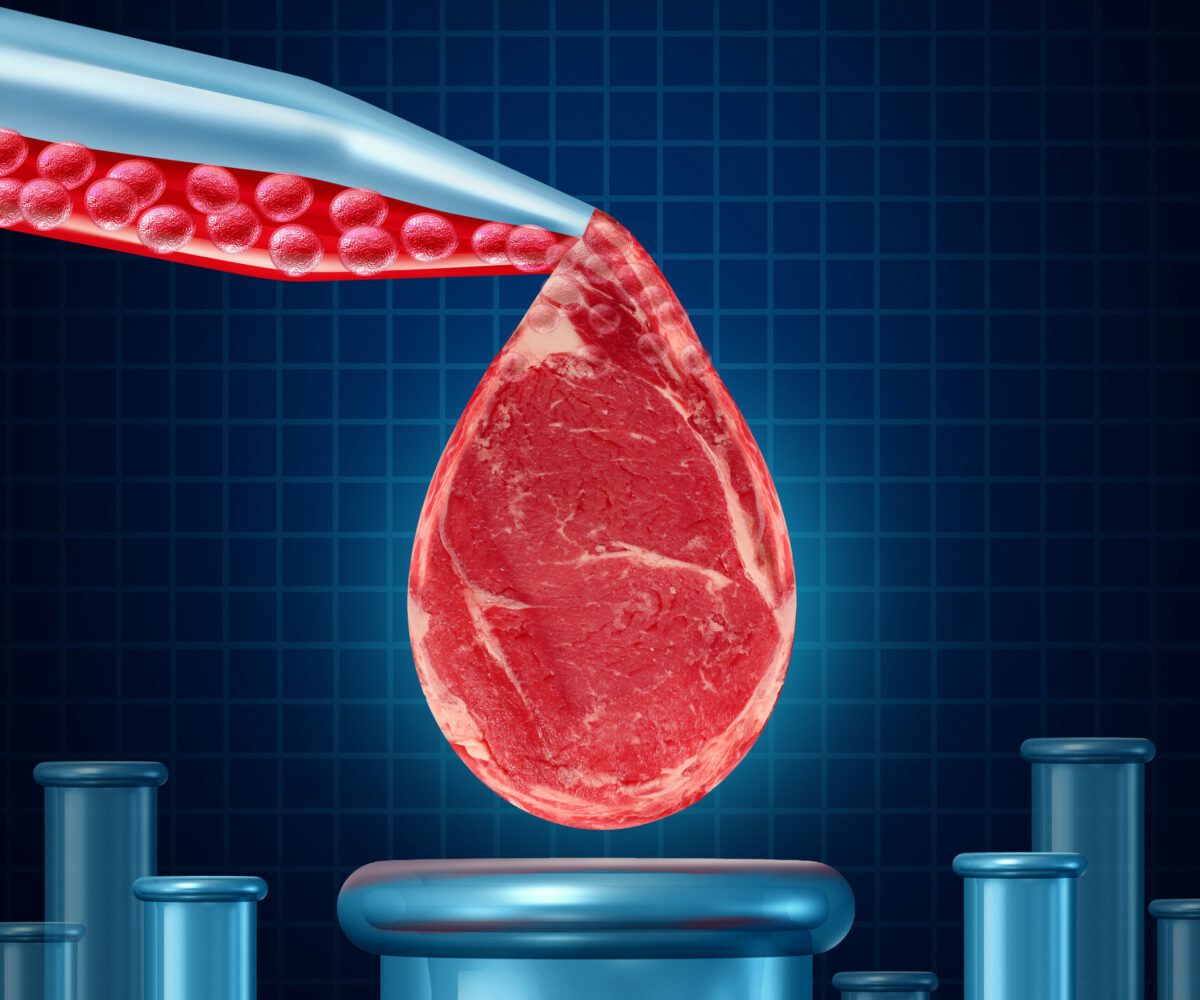Tyson Foods and JBS ignite debate after investing in wearable monitoring system for workers

Two of the world’s biggest meat processing companies – Tyson Foods and JBS – have invested in smartwatch technology that tracks worker movements.
Meat processing is a notoriously dangerous profession. This is owed mostly to the repetitive movements and hazardous equipment which are required for cutting and packing meat. Because of the intensity of the role, the turnover rate is also incredibly high.
US start-up Mentore claims its worker monitoring technology can tackle this, by using AI to improve worker productivity and reduce injuries. Both Tyson Foods and JBS have adopted the technology – and have lauded its benefits.
The Mentore app is compatible with the Samsung Watch 4, and uses the device’s sensors to collect data relating to the force, direction, rotation and speed of a worker’s arm. Such data can be used to determine which movements result in injuries more often, and thereby create a system of best practice to avoid this.
On the Mentore website, JBS Safety Manager Ashley Henning is quoted as saying: “Mentore is a huge part of training the safest and most productive methods to workers.
“Until Mentore came along we didn’t have a way to identify the specific motions that were causing injuries. Mentore gives us the opportunity to see the worker data and make training better.”
Helping to ensure a safer working environment can be seen as a positive step forward for an industry which has been called out for infringing on workers’ human rights in the past. However, some ethical concerns remain regarding the Mentore worker monitoring technology.
Alongside safety metrics, the dashboard which consolidates data drawn from smartwatches also provides an ‘active score’. This is described by the start-up as “a metric of productivity measured by the ratio measured in percentage of intense active motion vs. mild active motion”.
This productivity-related score is worrying to some experts, who claim it could push workers beyond their capacity in an already dangerous job.
“It just creates a sense of paranoia where…the feeling is that if you’re not constantly moving, you might be fired,” Irene Tung, Senior Researcher and Policy Analyst at the National Employment Law Project, told Investigate Midwest, the US publication which first investigated the issue.
Mona Wang, a PhD candidate at the Princeton Center for Information Technology Policy also quoted in Investigate Midwest, warned of the disproportionate effect such technologies have on those from poorer and more marginalised backgrounds.
In the US, animal slaughtering and processing workers are more than twice as likely to be immigrants compared to the rest of the country’s workforce. “People with fewer rights, especially at the workplace – because there’s this power imbalance and this huge power difference that’s exacerbated – tend to be surveilled more,” Wang said.
In the past several years, online retail behemoth Amazon has come under fire for using similar technology in its warehouses and to track its delivery drivers. A New York Times article on the subject from 2018 quoted one former Amazon worker as being so pressured to perform that he collapsed.
“There was no time to go to the loo…You had to process the items in seconds and then move on. If you didn’t meet targets, you were fired,” the article said.
While exact numbers are unavailable for Tyson Foods and JBS, Mentore CEO Apoorva Kiran has confirmed that his company’s worker monitoring safety app has been downloaded on 10,000 devices across four countries: the US, Canada, Chile and Japan.
Alongside the two meat processing giants, several other food companies are listed as clients on the company website, including US sausage manufacturer Johnsonville and food safety solutions company PSSI.
With so many converging issues related to the global meat industry, is there a chance we could one day say goodbye to it completely? Explore the topic in this episode of the Food Matters Live Podcast:








